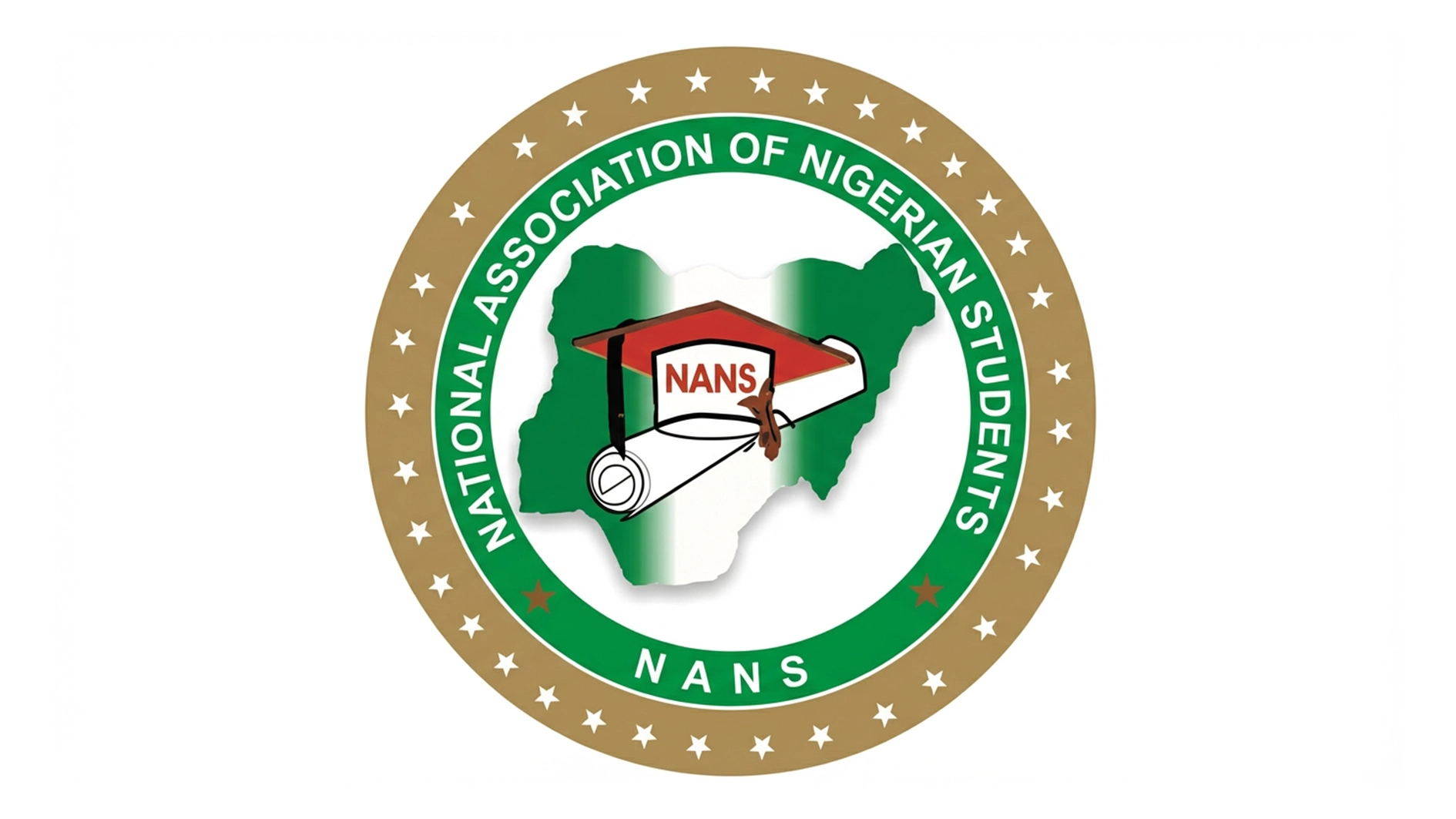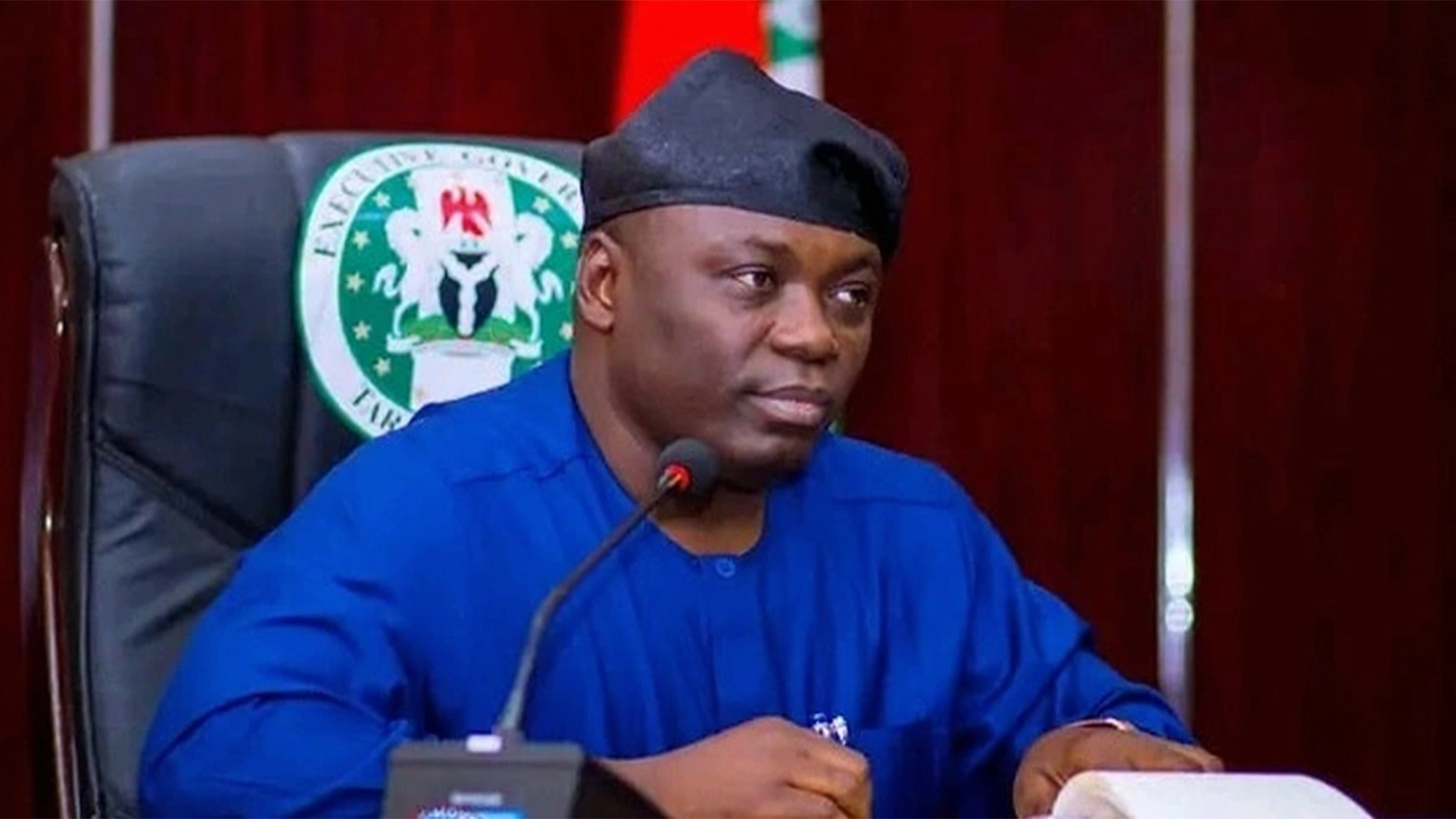Life develops in the creeks and communities of the Niger Delta under the choking shadow of crude oil — a resource once promised national wealth, but instead damaged the land and the people who live on it. Still, the question remains: who carries the weight of Nigeria’s contaminated lands long after the drills have fallen dormant and the pipes have rusted?
From the polluted farms of Gokana to the murky waters of Bodo to the shores of Bayelsa, oil spills have poisoned soil, devastated habitats, and disrupted livelihoods. A UNEP report indicates that restoring Ogoni land by itself might need 25 to 30 years. Still, for thousands of people, those years represent more than just statistics; they are lost futures. “Oil exploration has been a curse and a blessing,” says Onasanya Oluwasegun, a Mechanical Systems Specialist with almost twenty years in Nigeria’s oil and gas industry—including offshore operations at the Chevron Agbami FPSO. “While it powered the economy, it also came at the cost of local communities, who were never adequately equipped or compensated to deal with the aftermath.”
All too often, Niger Delta communities, which are the source of Nigeria’s oil wealth, are left with degraded environments and toxic sources of water. Children grow up playing beside oil-slicked rivers; fishermen haul up empty nets from creeks that were once brimming with life; farmers tell tales of crops that no longer bear — once-rich soil tinted black with crude.
There have been niche efforts at remediation, so widely advertised but painfully slow. The Hydrocarbon Pollution Remediation Project (HYPREP) was set up in 2016 to perform environmental cleanup in Ogoni, but it has been heavily criticised for bad implementation and lack of transparency. Civil society groups contend that a large amount of the cleanup funding does not trickle down to the ground.
“There are some technical solutions,” says Oluwasegun, “but implementation and accountability have been the gap. You don’t clean a river through policies on paper. You require real engineering interventions, proper monitoring systems, and community participation.”
When it comes to oil spills, which are an international liability, oil companies are often quick to blame locals for sabotage and illegal bunkering. While the problem of vandalism is severe, the experts insist that pollution made many years ago, especially when advanced monitoring tools were not in place, should not be laid squarely on the shoulders of the community.
Oluwasegun sees transferring knowledge and technology to Nigerian engineers and environmental scientists as a key to solving the problem.”We should localise our cleanup expertise. For too long, we have relied on foreign contractors to handle our trade fair cleanups,” Oluwasegun said.
The transfer of technology and knowledge to Nigerian engineers and ecologists is a critical element of the solution. For too long, trade fairs have been handled by foreign contractors, and this tells poorly of Nigerian engineers and environmental scientists. It’s important that they are trained to clean up the disaster.
One of the keys to solving the problem lies in teaching Nigerian engineers and environmental scientists the necessary knowledge and skills. The crucial piece of the solution is to transfer technology and knowledge to Nigerian engineers and environmental scientists. According to Oluwasegun, “We must localize the cleanup expertise.”
Nigerian scientists are testing new fixes. Dr. Rose Gidado, an agricultural biotechnologist, proposes gene-driven cleanup. “You can genetically engineer microorganisms that can eat up the oil spill areas and render the environment arable,” she explains. Other researchers found natural helpers: adding mushroom fungi and earthworms to polluted soil dramatically boosted oil-degrading microbes in Port Harcourt tests. Even industry-backed efforts now involve communities: at Bodo Creek (Rivers State), teams of locals and scientists comb the shoreline, taking soil and water samples to guide cleanup efforts
Professor Damilola Olawuyi, a Senior Advocate of Nigeria and director of the Institute for Oil, Gas, Energy, Environment and Sustainable Development, frames oil pollution as fundamentally a justice issue. He argues that environmental justice hinges on equitable protection from harm and access to decision-making, noting that host communities “insist upon their rights to live in a safe, healthy and sustainable environment.” He proposes embedding human rights standards in project planning and risk management, urging oil companies to reevaluate corporate processes to ensure that environmental safety is prioritised from the earliest stages of development.
The government has taken steps to address environmental justice. The Petroleum Industry Act (PIA), which passed in 2021, contains rules for host community development trusts. However, some people argue that these laws might just add more red tape instead of helping, unless they’re strictly enforced and watched over by locals. However, laws without input from regular people are like pouring clean water into a leaky pipe. There is a need for more than just new rules—we need to change how we think about our environment and the folks who rely on it.
As Nigeria looks to move beyond oil, with plans to switch to renewable energy and grow different parts of its economy, it must deal with the mess it’s leaving behind. Cleaning up isn’t just about fixing the environment; it’s about doing what’s right. The dirty streams and dying forests show what happens when no one is held responsible for their choices. To start healing, people need to take responsibility.
For now, the Niger Delta remains in limbo — its waters murky, its people unheard, and its soil carrying a weight that shouldn’t be its sole responsibility.






